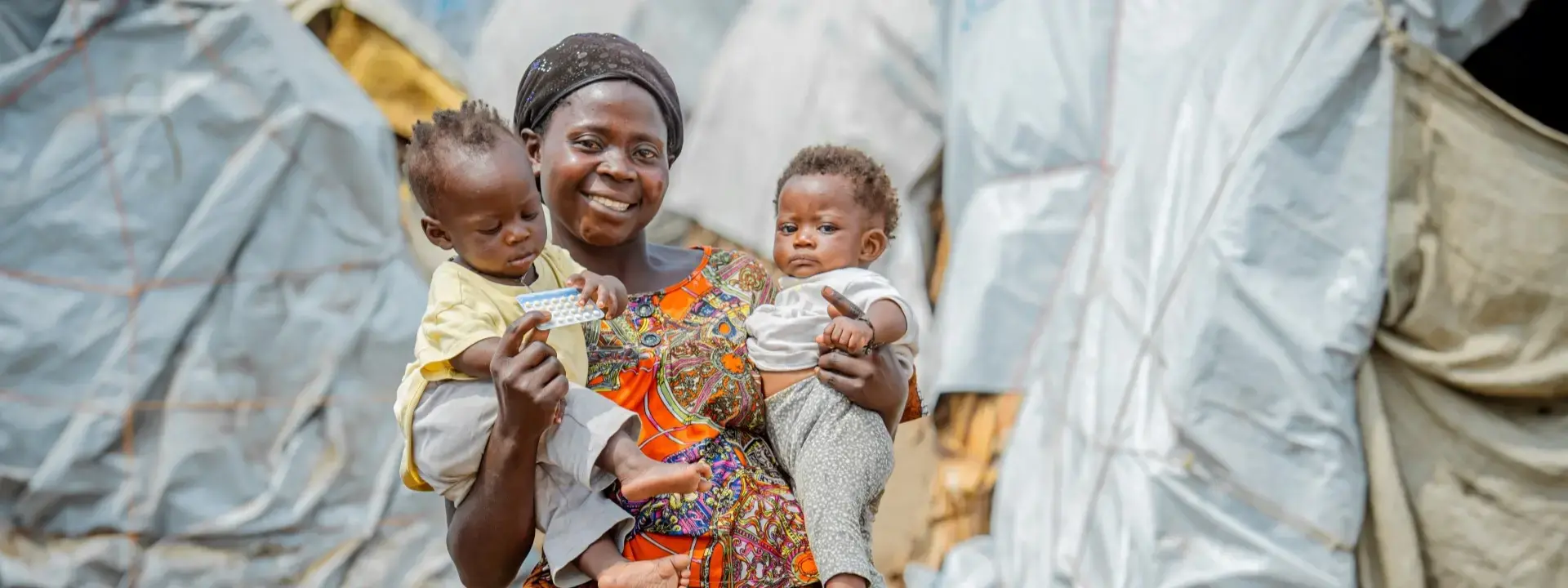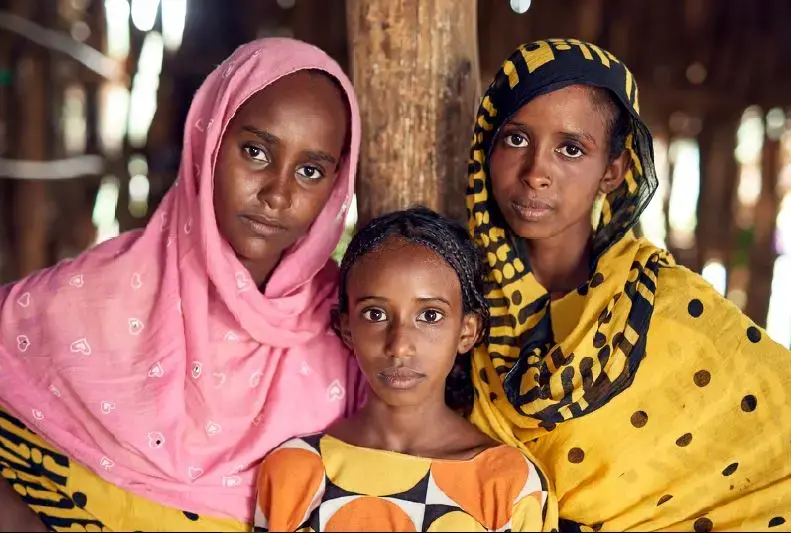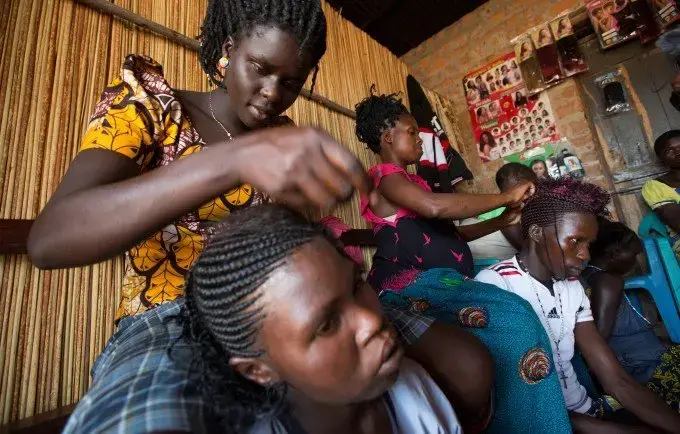Good sexual and reproductive health is a state of complete physical, mental and social well-being in all matters relating to the reproductive system. It implies that people are able to have a satisfying and safe sex life, the capability to reproduce and the freedom to decide if, when, and how often to do so.
To maintain one’s sexual and reproductive health, people need access to accurate information and the safe, effective, affordable and acceptable contraception method of their choice. They must be informed and empowered to protect themselves from sexually transmitted infections.
And when they decide to have children, women must have access to skilled health care providers and services that can help them have a fit pregnancy, safe birth and healthy baby. Every individual has the right to make their own choices about their sexual and reproductive health.
UNFPA, together with a wide range of partners, works toward the goal of universal access to sexual and reproductive health and rights, including family planning.
Context in East and Southern Africa
In the East and Southern Africa region, the continuing convergence of a number of barriers undermine the SRHR of women, girls and vulnerable populations. These include inequalities in access; weaknesses in the delivery of integrated people-centred care services; gaps in sustainable financing; and inadequate laws, policies, and financial protection. These also result in suboptimal health and rights outcomes across the region.
The region has high maternal mortality and morbidity rates. HIV infection rates are the worst globally. Family planning is an elusive goal for many African women. Almost two thirds of women of reproductive age are currently not using modern contraceptives.
UNFPA's response
UNFPA's work on improving sexual and reproductive health is a key effort towards achieving Sustainable Development Goal 3, which calls for good health and well-being. It also advances Goal 5, which calls for gender equality, as well as many of the other goals included in the 2030 Agenda.
UNFPA works with governments, other UN agencies, civil society and donors to develop comprehensive efforts to ensure universal access to sexual and reproductive health care. UNFPA advocates for integrating the delivery of these services into primary health care, so it is as accessible as possible. This means, for instance, that a woman could address her family planning, antenatal care, HIV testing and general health needs all in one place.
UNFPA is also working with governments and communities to strengthen health systems, including supporting the implementation of reproductive health programmes, improving the quality of reproductive health care and strengthening human resources. UNFPA also works to make sure reproductive health commodities are available where needed, and that a functioning logistics system is in place. The Maternal Health Thematic Fund and UNFPA Supplies are just two examples of UNFPA’s work in strengthening health systems and quality services.
While strengthening national systems, UNFPA also puts special emphasis on increasing access for disadvantaged groups, including young people, the urban poor, rural communities, indigenous populations and women and girls with disabilities.





